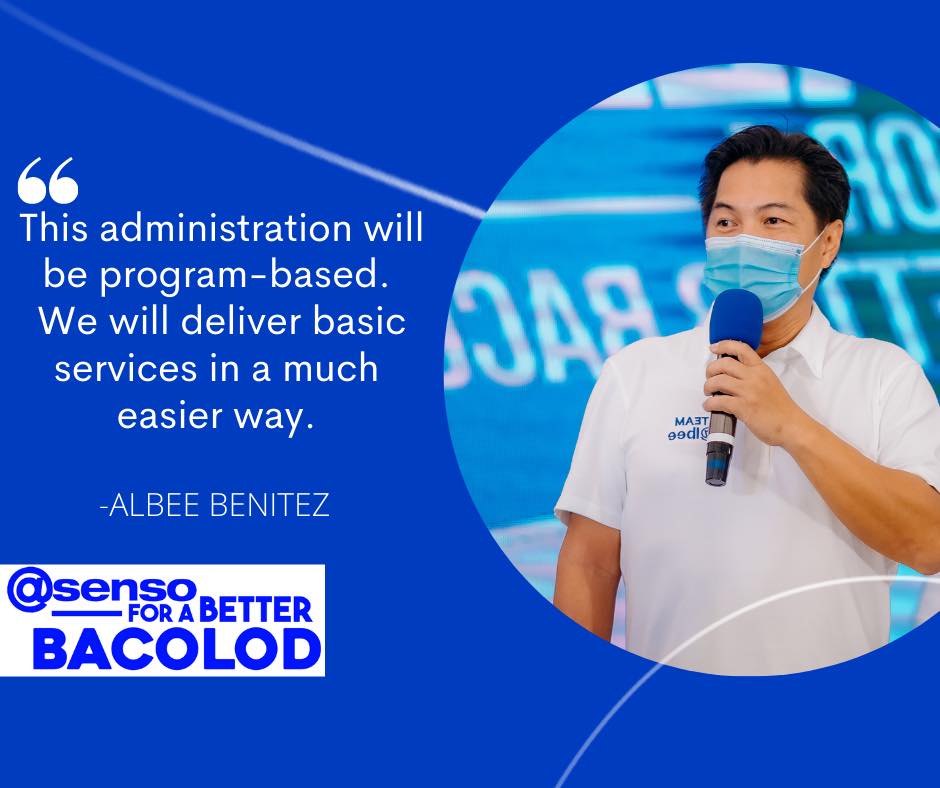‘Stronger actions’ for sugar industry

Friday, September 08, 2017
By MARCHEL P. ESPINA
LOCAL government officials in Negros Occidental are seeking stronger action from various stakeholders to strengthen the sugar industry amid the challenges it is facing.
During the “Sugar and More” Negros Summit held Thursday, September 7, at the Sugarland Hotel in Bacolod City, industry leaders and stakeholders agreed to submit resolutions to various agencies and institutions in the effort to strengthen measures.
Former governor Rafael Coscolluela, consultant on Capitol Investments, Promotions and Trade, proposed 21 resolutions to the body that will be addressed to the Sugar Regulatory Administration (SRA), Congress, Provincial Government, local government units, and Mill District Development Councils.
The resolutions include the mobilization and strengthening of the Sugar Industry Development Council (SIDC); opposition to excise tax on sugar sweetened drinks; farm mechanization program; infrastructure development coordination; agro-industrial development program; project development assistance center; Negros First Development Corporation; sugar mill diversification; mill standards; SRA rightsizing; Alliance for Negros Island Development Agenda; cane transport rationalization study; and public relations campaign.
Coscolluela also proposed the conduct of annual sugar industry summit and establishment of “Sugar and More” technical working group.
He said there are lots of players in the sugar industry.
“We want these players to have a clear idea on what their role is, and perform that role,” he added.
For lack of strong coordinating mechanism, there has been a tendency for stakeholders to move on their own, Coscolluela said, as he hoped that with the proposed reorganization of SIDC, it would play “more significant role” in harmonizing all the efforts of the industry.
He said the SIDC was established when the Sugarcane Industry Development Act was passed.
“If the SIDC is inactive, it needs to be reactivated and strengthened. It is the mechanism we hope to provide cohesion,” he added.
Coscolluela pointed out that there are many good plans, but there is “no follow through.”
He said the lead agency should be the SRA, though he lamented the downsizing in the agency.
Coscolluela said the rightsizing proposal of the agency was disapproved by the Department of Budget and Management.
“How can SRA perform its mandate if it doesn’t have enough people?” he asked.
Challenges
Among the challenges affecting the sugar industry were competition, drop in domestic prices, world market surplus, large carry-over inventory, labor shortage and increasing costs of production, health issue, change in consumption patterns and excise taxes on fuel, Coscolluela said during the summit.
He said its impact to Negros include multiple challenges which discourage sugarcane growing or encourage shift to more viable agri-ventures; sugar mills lose revenue from reduced cane supply and lower prices; drop in prices/increasing costs affect growers’ viability; cost reduction measures will affect income of laborers; sugar workers will look for jobs in construction and others; lack of labor will affect milling and cultivation and speed up shift to mechanization; and consumer spending affected by belt tightening.
Moreover, Coscolluela said the strategic action plan for sugar includes measures to position Negros Island’s sugarcane industry as competitive, diversified, and sustainable sector of the economy and develop blueprint for a more resilient, balanced, and sustainable economy.
He said the key issues and concerns in the industry are the changing market; sugar policy; government policies and programs; research, development, and extension; coordination and networking among stakeholders; inefficiencies throughout the value chain; labor shortage; industry and product image; and attitudes and perceptions of planters, millers and the public.
Industry shift?
Third District Representative Alfredo Benitez said that leaders have to “dig deeper” as the industry maybe facing a business shift.
“In a sense of what we have now was overtaken by other situation due to technology, so we have to dig deeper whether we are still viable or we need re-tooling or refining for us to move forward,” he pointed out.
Governor Alfredo Marañon Jr. said that more can be achieved if everybody will work together.
He said the industry is facing many challenges because of globalization.
The Capitol has started to help the province diversify, he said.
Moreover, Marañon said the sugar industry needs to have a road map.
“It’s about time the sugar industry have rules and regulations and system. We have to reduce our cost. Before, we have high cost and cheap labor. Now, we can mechanize to reduce cost production,” he added.
Related Stories:
@senso for A BETTER BACOLOD
Ang isa sa akon mga handom para sa Bacolod.


Ako ang kapitan sg sini nga barko. Indi ini magkadto sa wala ukon sa tuo, kundi derecho sa direksyon sang pagbag-o sang gobyerno para sa kaayuhan sang Bacolodnon.


